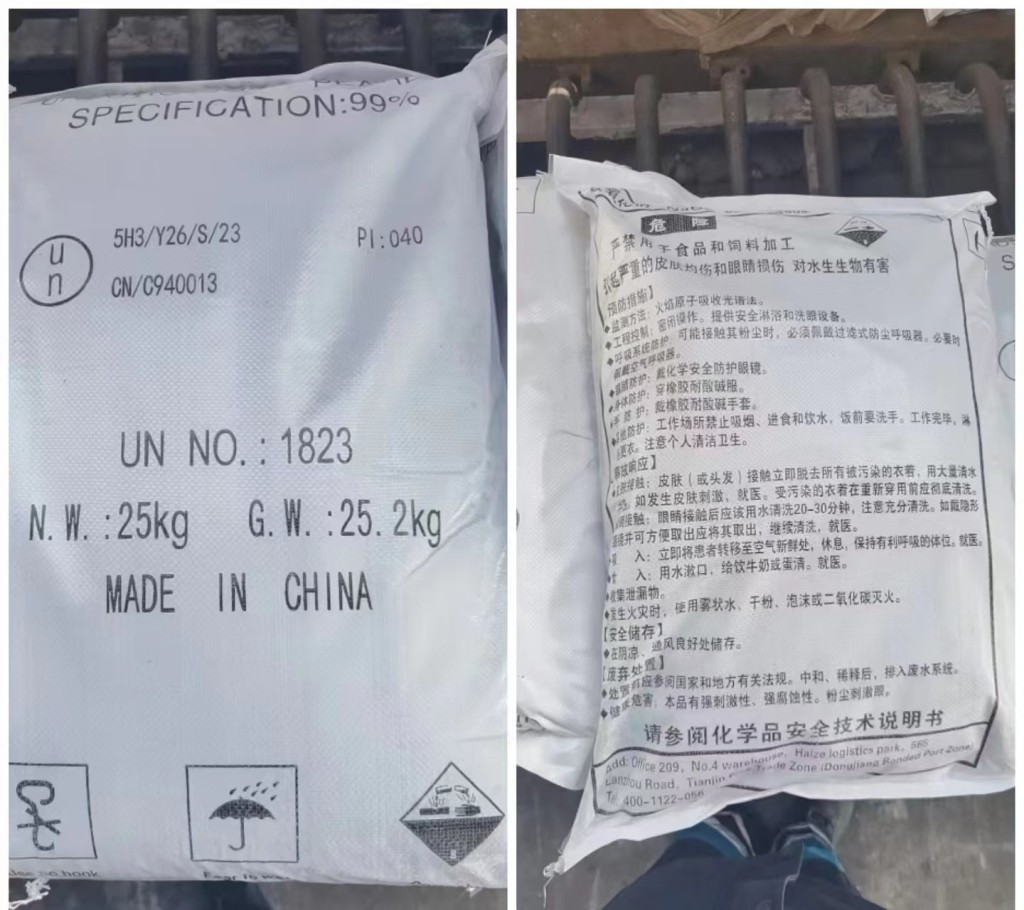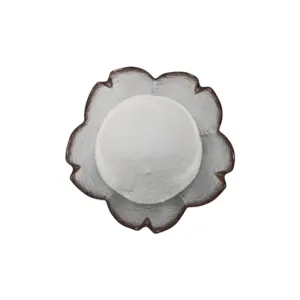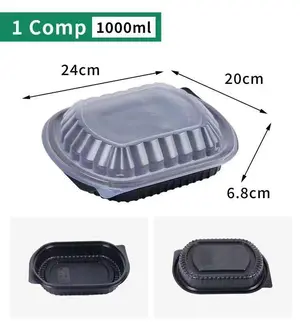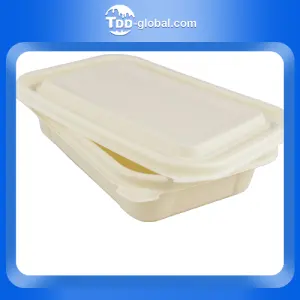NCLT orders insolvency proceedings against Birla Tyres
(This article was originally published on October 13, 2014) Crude oil prices falling to the lows of the last four years is great news for India as more than three-quarters of consumers depend on imports. It is expected to help boost not only energy companies, tire makers and consumer goods companies, but also improve key macroeconomic indicators such as the current account balance and financial deficit.
India imports about 1 billion barrels of crude oil on a net basis every year. Thus, if crude oil prices average around $100 per barrel this fiscal year (around $106 per barrel in the first six months of the current fiscal) dollars), the country’s import cost will fall by $10 billion dollars (around Rs. 610 billion). In 2013-14, the current account deficit amounted to one-third of the Canadian dollar. Analysts say that if the average crude oil price is $100 a barrel in the current fiscal, India’s CAD share of GDP will fall to 1.3% from 1.7% a year ago.
Cooling crude oil prices will also help reduce the fuel recovery gap (LPG and kerosene are sold at below-cost prices) and reduce the government’s share of the overall recovery gap, thereby reducing the fiscal deficit.
Revenues are expected to fall 40% to Rs 8.35 trillion in fiscal 2015 from the previous fiscal due to shortfall in oil revenues, while in the next fiscal revenues are expected to fall 20% to Rs 6.66 trillion due to fall in crude oil prices. Brokerage firms Lyon Securities. HPCL, BPCL and IOC primary production units will benefit as cheaper crude oil will reduce the need for working capital, thereby reducing dependence on government subsidies. Profitability of tire manufacturers is expected to improve as their 25-35% margins are expected to increase Raw materials are derived from crude oil. Similarly, consumer goods companies will benefit from lower raw milk packaging costs.
Recommended Suppliers
 June 3, 2024
June 3, 2024  June 3, 2024
June 3, 2024  June 17, 2024
June 17, 2024  June 18, 2024
June 18, 2024  June 18, 2024
June 18, 2024 













